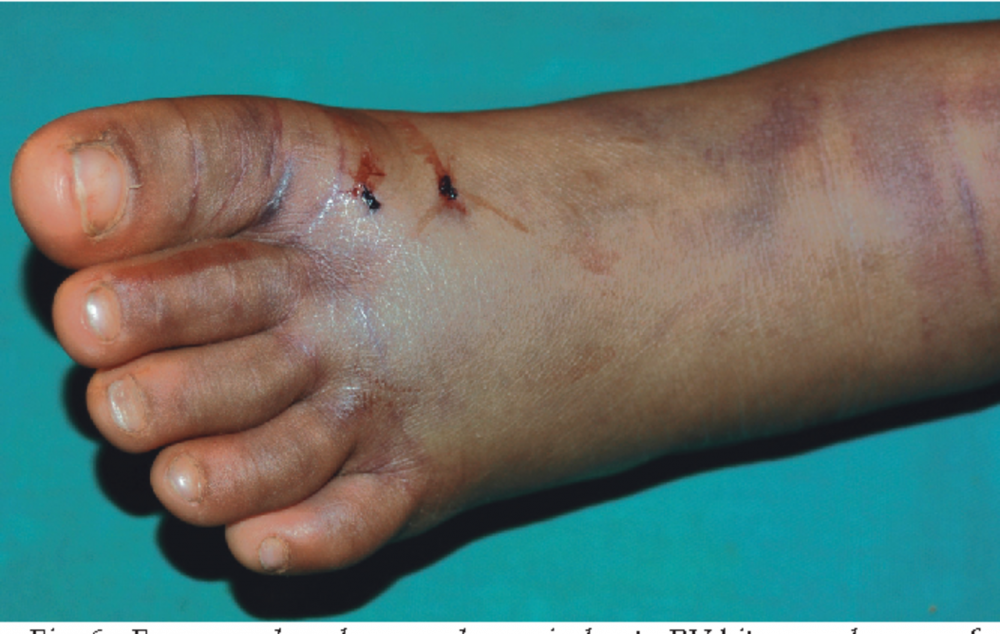The World Health Organisation (WHO) has reported that nearly 5.4 million people worldwide are bitten by snakes each year, with 1.8 to 2.7 million cases resulting in envenomings.
These snake bites lead to approximately 81,000 to 137,000 deaths annually. Additionally, around three times as many survivors experience amputations and other permanent disabilities due to the effects of the venom.
Snake bites, particularly from venomous species, can cause severe health complications. These include paralysis, which can stop breathing, bleeding disorders that may result in fatal haemorrhages, irreversible kidney failure, and tissue damage, sometimes leading to disability or limb amputation.
The most affected groups are agricultural workers and children, with children often suffering more severe consequences due to their smaller body mass.
According to WHO, most snake bites occur in Africa, Asia, and Latin America, with Asia reporting up to 2 million envenomings each year, while Africa sees between 435,000 to 580,000 cases requiring medical treatment.
The hardest-hit regions are those with weaker healthcare systems and fewer medical resources. Envenomings primarily affect women, children, and farmers in rural communities within low- and middle-income countries.
Snake bites are considered a neglected public health issue in many tropical and subtropical countries. However, WHO emphasises that effective treatment exists.
“Most deaths and serious consequences of snake bites are entirely preventable by making safe and effective antivenoms more widely available and accessible. High quality snake antivenoms are the most effective treatment to prevent or reverse most of the venomous effects of snake bites. They are included in the WHO List of essential medicines and should be part of any primary health care package where snake bites occur,” WHO says.
One major challenge in addressing the snake bite crisis is the difficulty in producing appropriate antivenoms. Few countries have the capacity to produce high-quality snake venoms needed for antivenom production.
Also, poor regulatory oversight and a lack of reliable data on snake bites have contributed to the underproduction and distribution of antivenoms.
Many regions also face challenges in accessing healthcare, leading to underreported cases and insufficient demand for antivenoms, further complicating the situation.
WHO has called for improved data collection, better healthcare access, and coordinated efforts from regulators, manufacturers, and health authorities to address the snake bite issue and improve the availability of antivenoms in affected areas.

